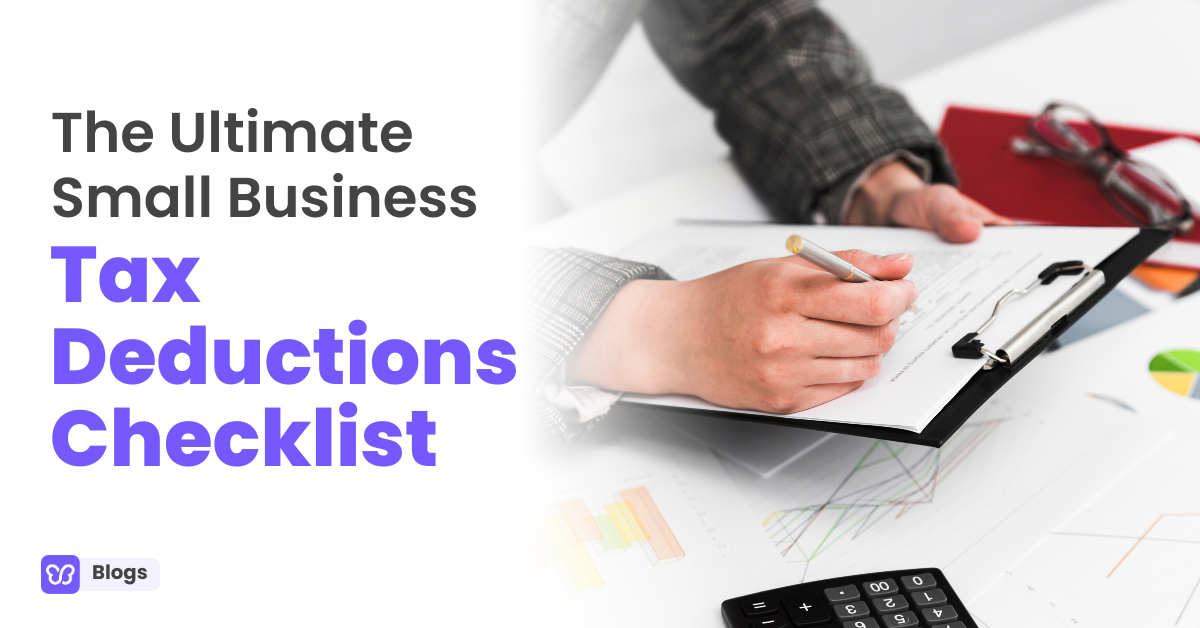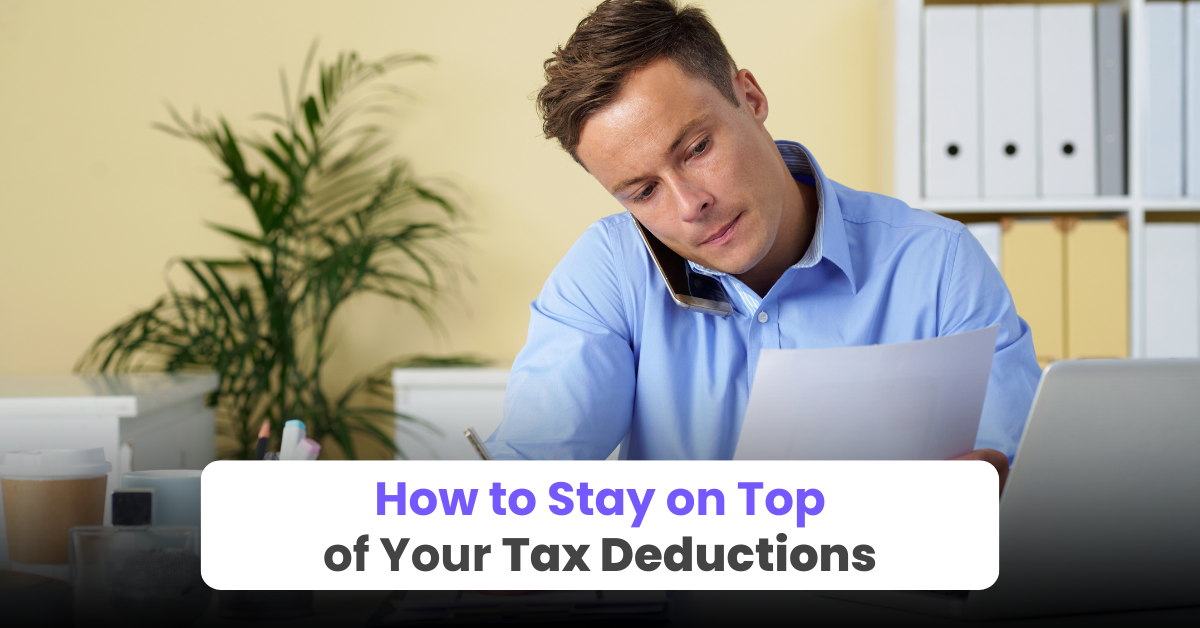Tax season? Just the thought of it overwhelms many small business owners.
With a stack of receipts and a maze of tax forms, it’s easy to wonder if you’re leaving money on the table.
The good news? A well-prepared small business tax deductions checklist can simplify the process and save you money.
Let’s explore everything you need to know, from the often-missed deductions to strategies that can maximize profit margins.










